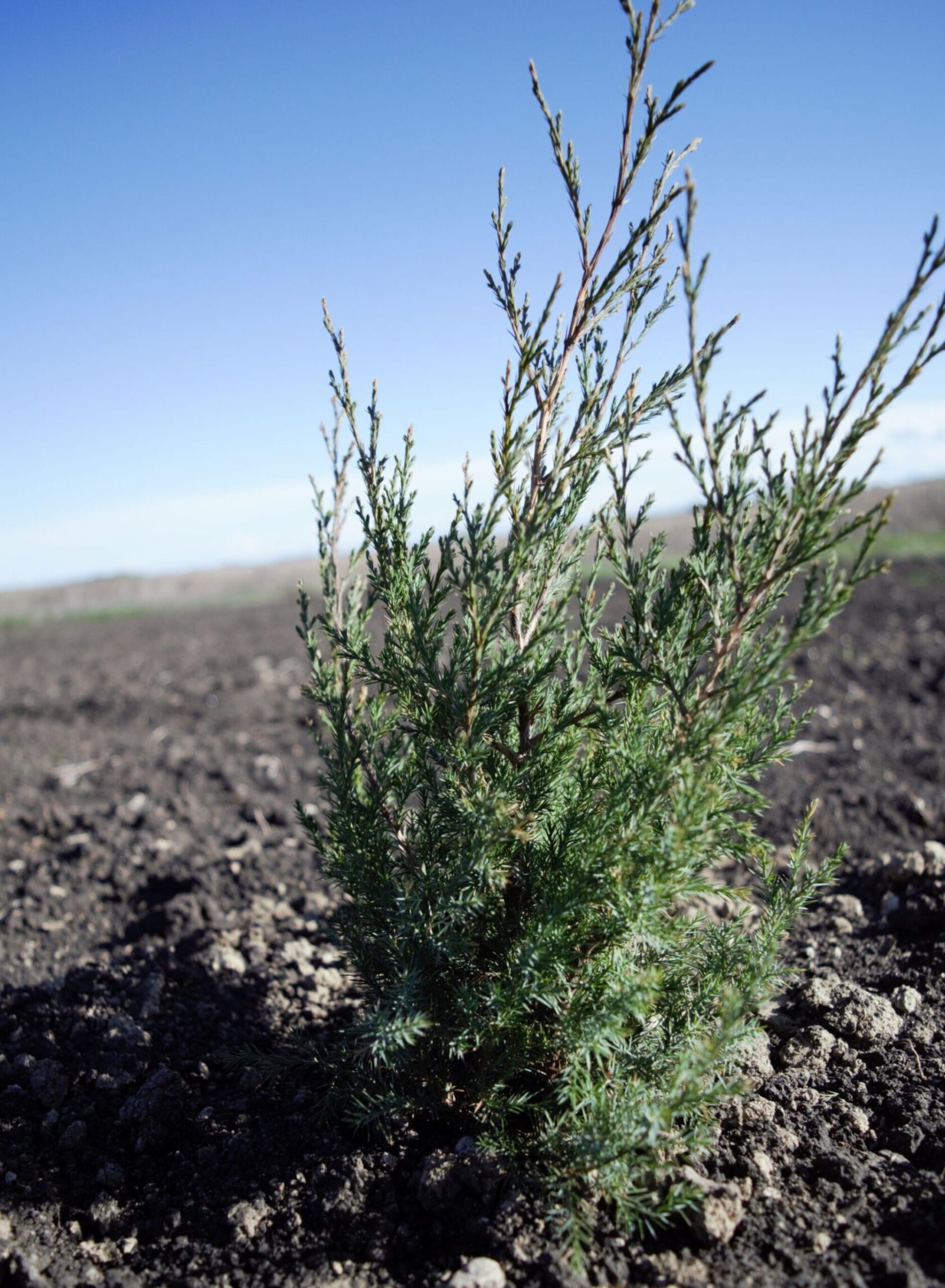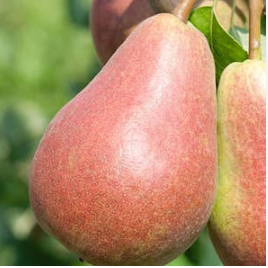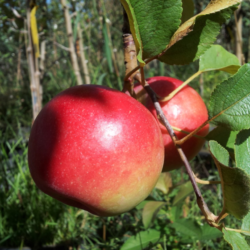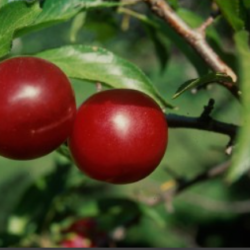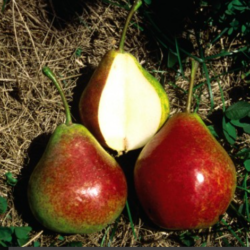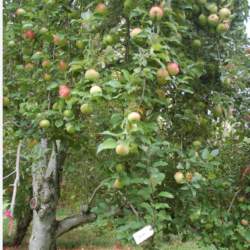Description
Key Facts
Scientific Name: Pyrus communis ‘Parker’
Common Name: Parker Pear
Family: Rosaceae
Height: 12-15 feet at maturity
Spread: 10-12 feet
Leaf Shape: Ovate, with serrated edges
Bark Color: Gray-brown
Fall Foliage Color: Yellow to orange
Flower Color: White blossoms in spring
Fruit Color: Green to yellow
Growth Habit: Rounded, spreading canopy
Sunlight: Full sun
Soil Preference: Well-drained, loamy soils
Water Needs: Moderate, prefers consistent moisture
Wildlife Value: Attracts pollinators such as bees; provides food for birds
Pest and Disease Resistance: Generally resistant to common pear pests and diseases
USDA Hardiness Zone: 4-7
Why You’ll Love It:
The Parker Pear offers a delightful combination of large, juicy fruit with a delicious flavor, making it perfect for fresh eating and cooking. Its attractive white blossoms and vibrant fall color enhance your garden’s beauty, while its hardy nature ensures reliable performance in various climates. The Parker Pear is a versatile and visually appealing addition to any home orchard.
